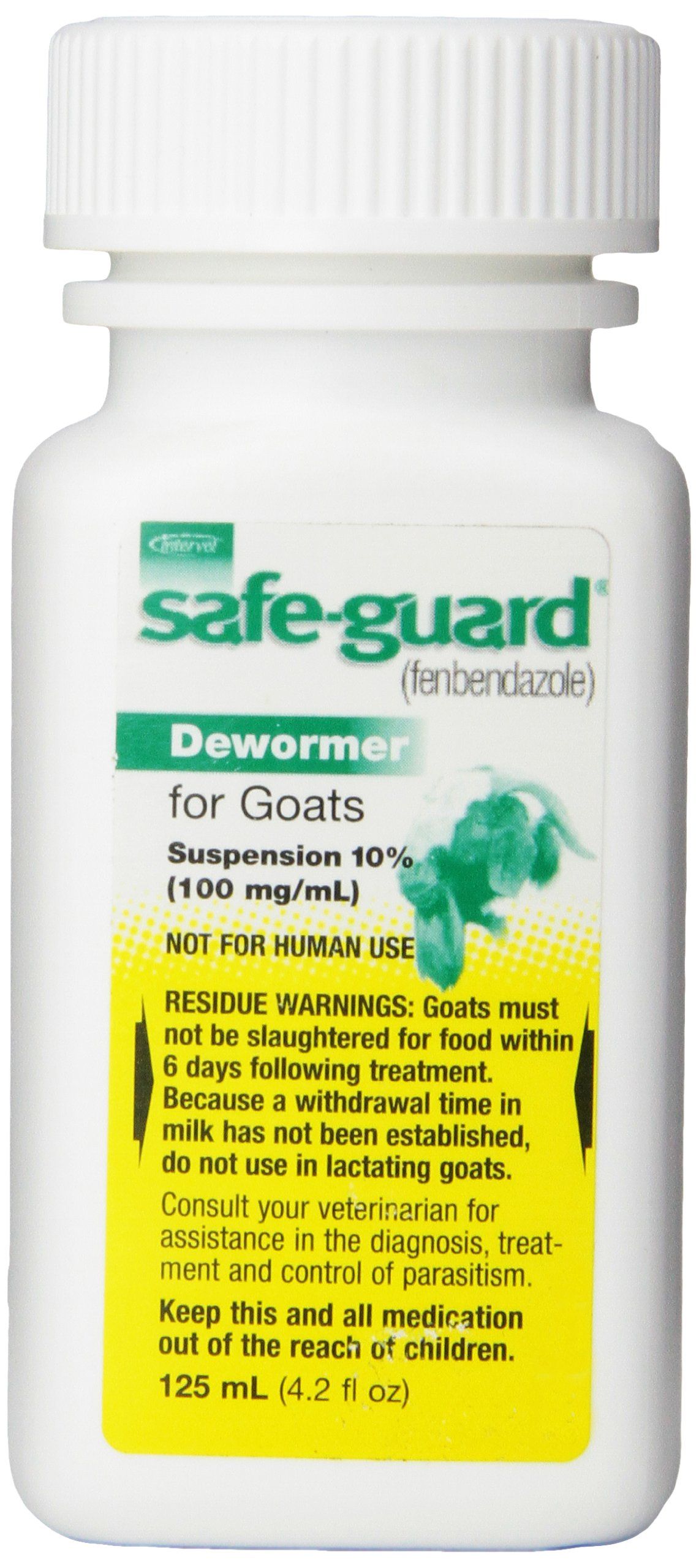Introduction to Fenbendazole and Its Uses
Fenbendazole is a medication primarily used to treat parasitic infections in animals, especially in cats and dogs. It belongs to a class of drugs known as benzimidazoles, which work by inhibiting the production of microtubules, essential for the reproduction of parasites. However, in recent years, fenbendazole has attracted attention beyond its traditional use, with some studies suggesting it may have potential benefits in the treatment of cancer. While this application is still under investigation, many pet owners and veterinarians are exploring its possible effects as an adjunct treatment for cats diagnosed with various types of cancer.
Understanding Cancer in Cats
Cancer is a common and serious health condition in cats, with different types of cancer affecting various parts of the body. Some of the most common forms include lymphoma, mammary cancer, and squamous cell carcinoma. Cats often show subtle signs of illness, making early detection difficult. Traditional treatments for cancer in cats typically involve surgery, chemotherapy, and radiation, but these therapies can have significant side effects and may not always be effective. As a result, alternative treatments such as fenbendazole are being explored to offer additional options for managing the disease.
How Fenbendazole May Work Against Cancer
Although fenbendazole is primarily used to combat parasites, researchers have started investigating its potential anticancer properties. The drug has been shown to inhibit certain cellular processes that cancer cells rely on for growth and survival. Fenbendazole is believed to act on the microtubules in cancer cells, just as it does with parasites, preventing cell division and reducing the spread of the disease. Preliminary studies and anecdotal evidence suggest that fenbendazole could potentially slow down the growth of certain cancer types in cats, although more rigorous clinical trials are necessary to confirm these findings.
Safety and Efficacy of Fenbendazole for Cancer Treatment
One of the key considerations for any cancer treatment is its safety profile, especially when it comes to animals. Fenbendazole is generally considered safe when used as directed for treating parasitic infections, but its use in cancer treatment is less well-established. While there have been no reports of severe side effects in cats receiving fenbendazole for cancer, it is crucial for pet owners to consult with a veterinarian before starting any new treatment. Dosage and duration should be closely monitored to ensure the cat’s safety, and regular check-ups are necessary to assess the progress and any potential adverse effects.
Current Research and Future Outlook
Research into fenbendazole’s potential for treating cancer in cats is still in its early stages. While some promising results have emerged from both laboratory studies and anecdotal reports, there is a need for further scientific evidence to validate these claims. Clinical trials involving fenbendazole as a cancer treatment are limited, and more data is required to determine its true efficacy. In the future, as research advances, fenbendazole may become a viable adjunct treatment for cancer in cats, offering a low-cost and relatively low-risk option for pet owners seeking alternative therapies for their feline companions.fenbendazol for cancer in cats

